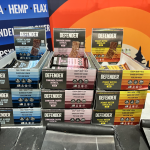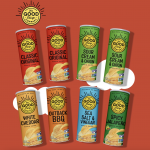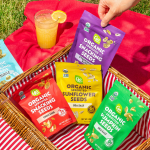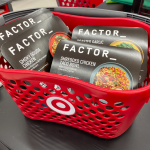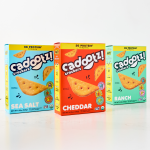Akua Shuts Down, Citing Manufacturing ‘Catastrophes’ and Decline of Plant-Based Movement
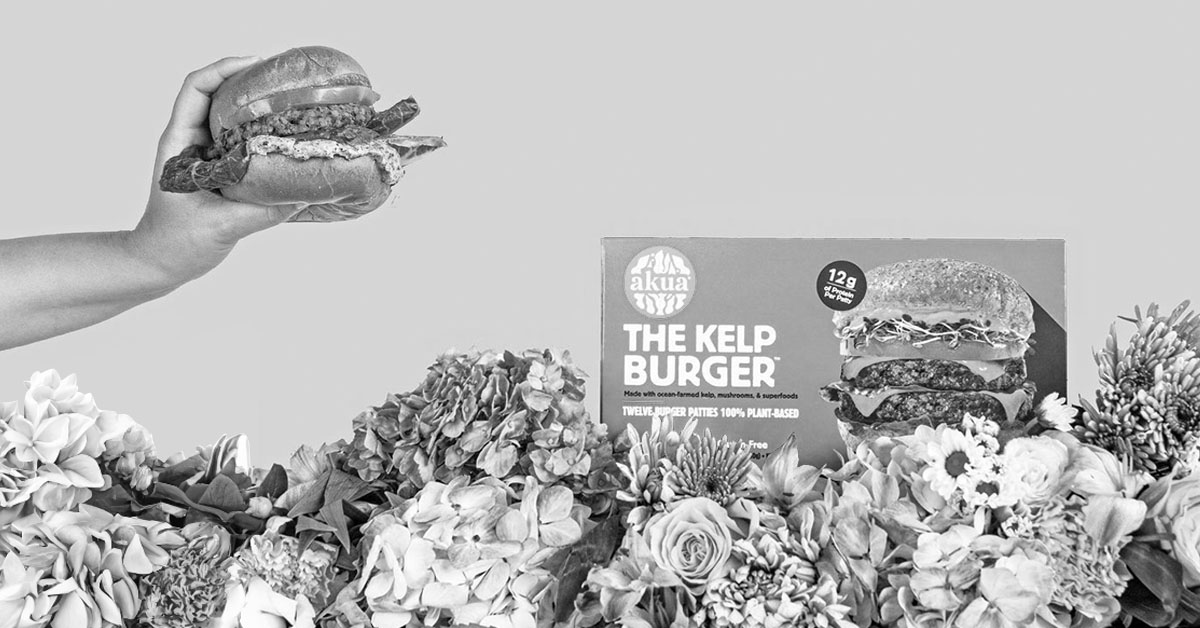
Kelp-based burger producer Akua is shuttering its doors.
This week, founder and CEO Courtney Boyd Myers announced via LinkedIn that the New York-based company is shutting down, citing packaging, manufacturing, warehouse and shipping “catastrophes.” Myers also alleges Akua was copied by its supply chain partner.
“We faced many challenges over the years – healthy food is expensive to make, and our margins were slim. We had luck, but not enough. We had some wins, but they weren’t big enough,” the post reads. “Kelp never took off like we thought it would. And as the economy took a turn for the worse, we battled uphill against the general decline of the plant-based movement.”
The closure comes after a busy 2023, which saw the brand launch four new SKUs (including a licensed product collaboration with SpongeBob SquarePants), add 900 new retailers, land 70 new foodservice accounts in partnership with Baldor Specialty Foods and add over 500 new investors from its summer Republic crowdfunding campaign, including Seaspiracy Director Ali Tabrizi and Miyoko’s Creamery founder Miyoko Schinner.
The Republic crowdfunding campaign, closed on Oct.17, brought in nearly $286,000. According to Myers’ LinkedIn post, the company raised money through four different crowdfunding campaigns and over 75 private investors since its inception – including a $3.2 million seed round in 2021 led by Vibrant Ventures.
Founded in 2017, Akua sold a portfolio of Kelp Jerky, Kelp Pasta, Kelp Protein Balls, Kelp Spices, Kelp Chocolate, five different Kelp Burger varieties and Kelp Ground Meat. The company partnered with nonprofit Greenwave to source from Summit Point Seafood, a North American woman-owned ocean-farming company.
Though it started off as a direct-to-consumer (DTC) brand, Akua eventually landed its Kelp Burgers in over 1,000 retail stores and more than 100 foodservice outlets nationwide. Myers previously told Nosh the company hoped the launch of its SpongeBob collaboration in foodservice outlets would create a movement toward healthier eating for kids.
In the LinkedIn post, Myers said she won’t be building another supply chain-related business for the foreseeable future but looks forward to sharing her learnings in the coming months.
Over the past few years, kelp has captured the attention of CPG companies for its regenerative, low-carbon impact characteristics and worked its way into a wide range of formats, including kelp-filled chili crisp and kelp seasonings. Although the total number of seaweed investment deals reportedly doubled between 2020 and 2021, Myers claims in her post that “the investors ran into our space and they ran out.”
The news of Akua’s closure comes amid an overall drop in consumer demand for plant-based products. According to Good Food Institute’s (GFI) State of the Industry report, retail plant-based dollar sales were $8.1 billion in 2023, a slight decline from $8.2 million the prior year. Earlier this year, fellow kelp-based burger producer Atlantic Sea Farms unveiled a new look across its retail and wholesale products as it works to forge a stronger connection between its partner farmers and consumers.
But beyond ASF, which also operates its own kelp supply chain via a network of Maine-based lobster farmers, the sourcing network for kelp and other seaweed products in the U.S. remains fragmented and supported by smallholder farmers off Long Island as well as in Alaska. The majority of seaweed products sold in the U.S. continue to be sourced from established producers in Southeast Asia.


